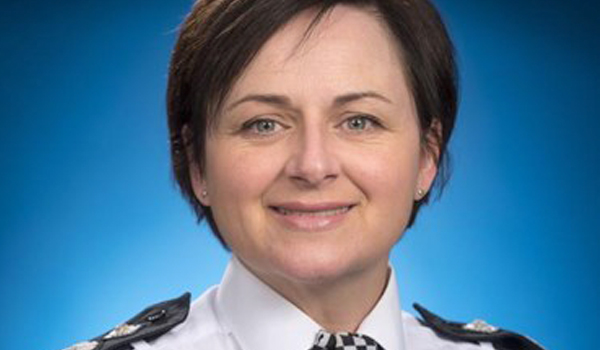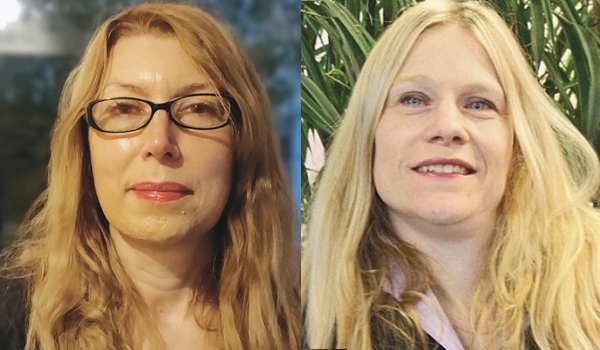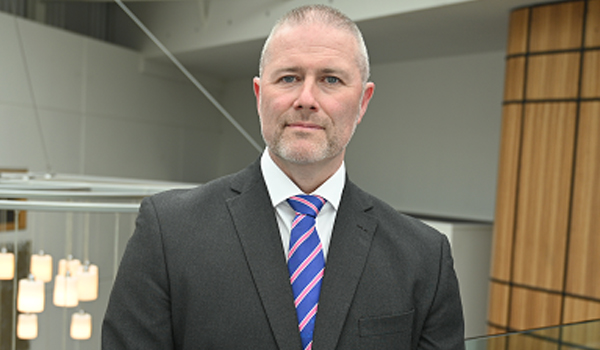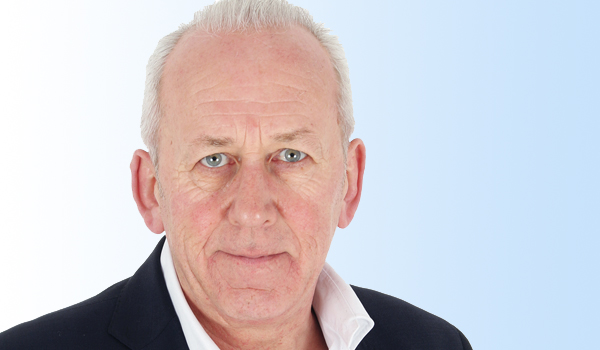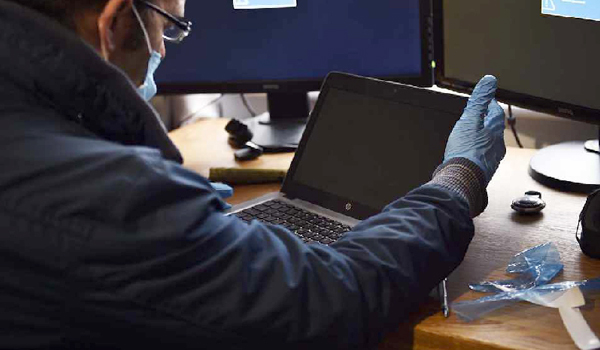Determined to do even better
Assistant Commissioner Louisa Rolfe, the National Police Chiefs’ Council lead for violence and public protection, reflects on the fight to tackle violence against women and girls following the latest police inspectorate report.
Her Majesty’s Inspectorate of Constabulary and Fire and Rescue Services’ (HMICFRS) report sets out starkly the challenge of responding to violence against women and girls. Despite its acknowledgement of our vast improvements, there is still so much more to do and policing is determined to do even better.
However, as HMICFRS identifies, without investment and support of partners, our commitment and effort won’t be enough.
I know how much still needs to be done to better protect women and girls. The data makes for grim reading. Domestic abuse-related crime constitutes 15 per cent of all crime recorded in England and Wales and more than a third of all recorded violence-against-the-person crimes.
The drivers of the violence, abuse or intimidation are hugely complex. We won’t eliminate this behaviour overnight, while we wholeheartedly support the drive to pursue more offenders and make better use of protective orders, this alone won’t eliminate abuse. Everyone with a role in tackling this issue – social care, health, probation, courts, prisons, housing and public health and the Crown Prosecution Service – need to work together and act as a whole system with commitment and action for months and years to come. So it is good to see the inspectorate’s suite of recommendations for those other key players and partners.
Experience shows a link between communities where deprivation, unemployment and vulnerability are high and the prevalence of abuse. Meaningful interventions are needed by government and other statutory agencies which can tackle the root causes of violence or the vulnerabilities that can make women or girls more likely to be victims of abuse.
In policing, we have been working through the recommendations made by HMICFRS in its interim report in July. This week we have announced a new national police lead for violence against women and girls, Deputy Chief Constable Maggie Blyth. Maggie will lead police action and a new strategy to target perpetrators and improve the way we protect women and girls from harm, building on the inspectorate’s recommendations.
In improving our response to violence against women and girls, we face some difficult obstacles.
Firstly, we want to investigate violent and abusive offenders and build strong cases against them that give victims the best chance of achieving justice and protecting the public from dangerous people. But the combination of significant backlogs in the criminal justice system – growing over recent years and further exacerbated by the impact of Covid-19 – with the huge increase in investigation of digital devices now required and necessary high standards in disclosure of relevant material in court cases, presents a real challenge. The longer the criminal justice process for a victim, the more likely they are to drop out and as a result fewer offenders are prosecuted and convicted. There are no easy answers to this problem but collectively government, policing and the criminal justice system need to keep working together to find ways to swiftly secure justice for victims.
Secondly, despite the additional 20,000 police officers that will be delivered through government investment, there are still challenges for police forces in meeting the range of demand and expectations on them.
Every force prioritises violence against women and girls, but the report identifies some inconsistencies in our response, with Maggie’s commitment and experience we will be striving to better our response across the board. HMICFRS recommended that sustainable and multi-year funding is available to us – this is much needed to enable us to do more.
The number of women and girls coming forward and reporting has increased hugely in the last ten years. We want that to continue and we want more women and girls to be protected and have the best chance of justice.
To women and girls experiencing violence, abuse or intimidation, please speak to us – you will be listened to and respected, and we are determined to help you.
This post first appeared on the NPCC website. Read the original here.

